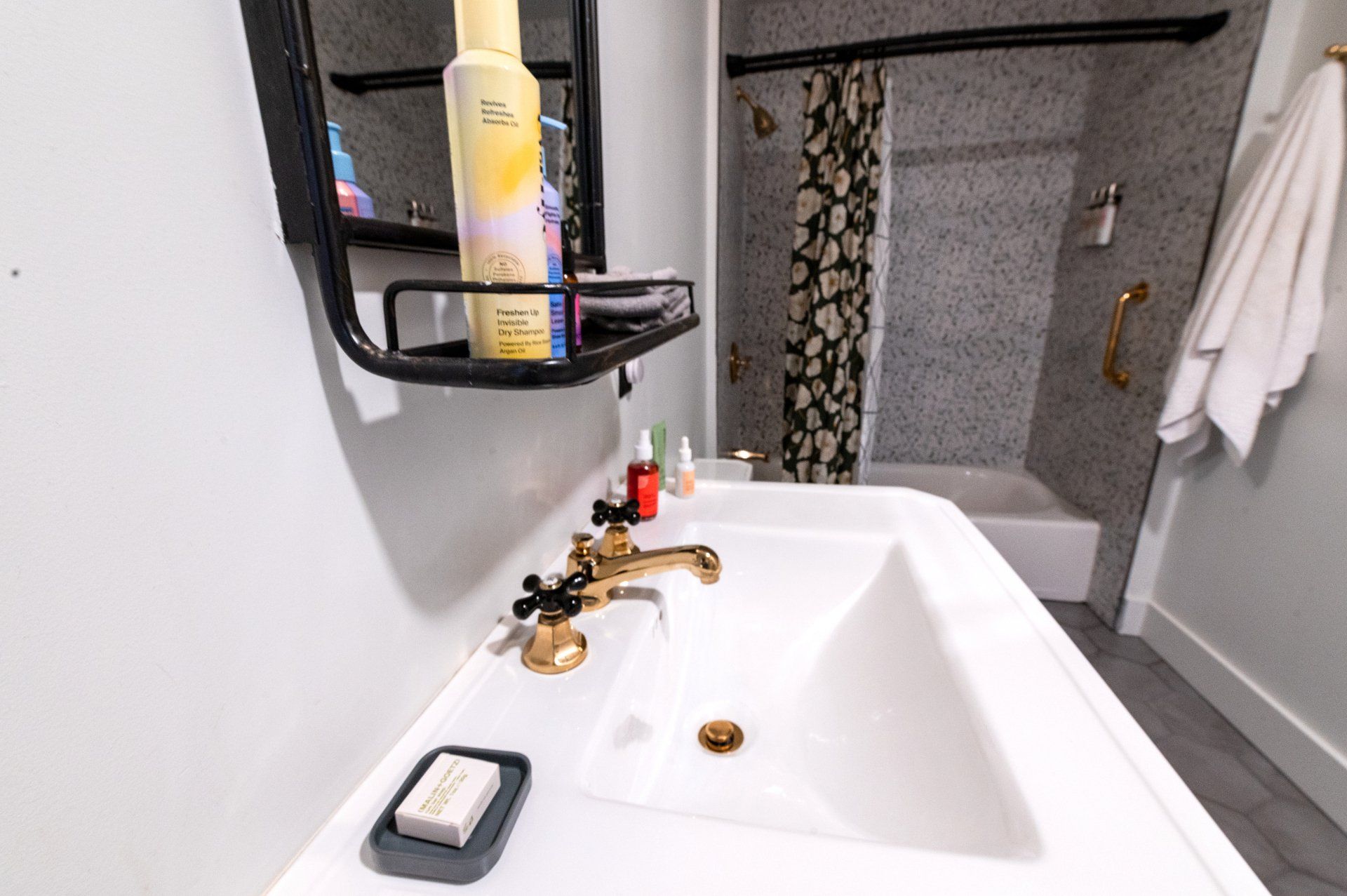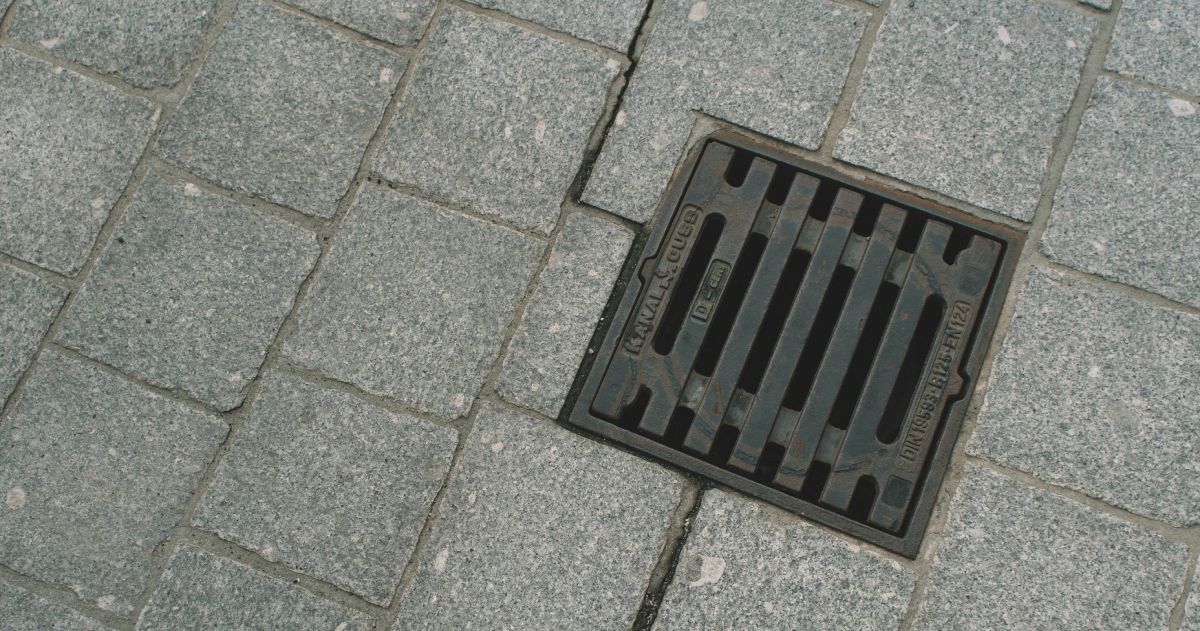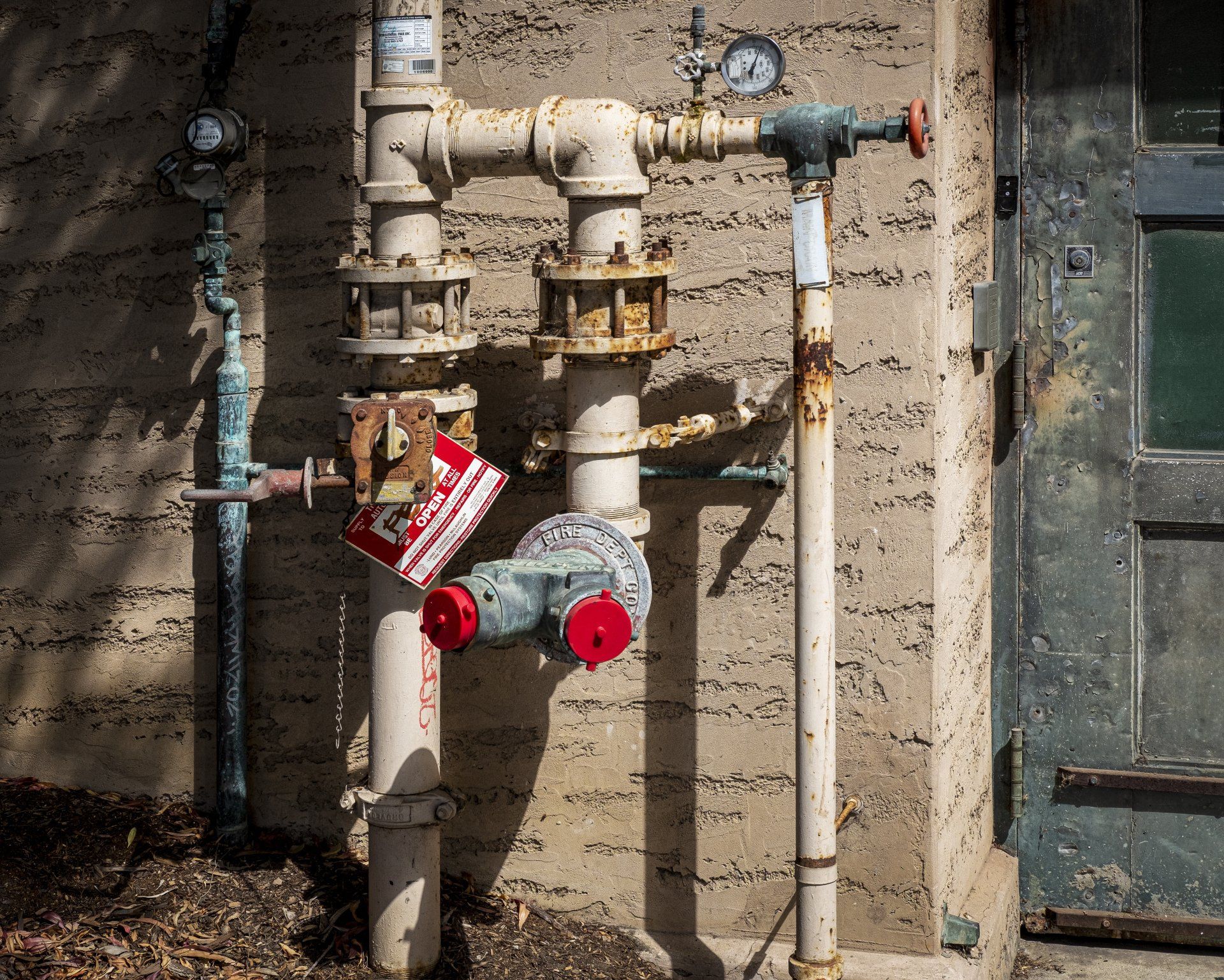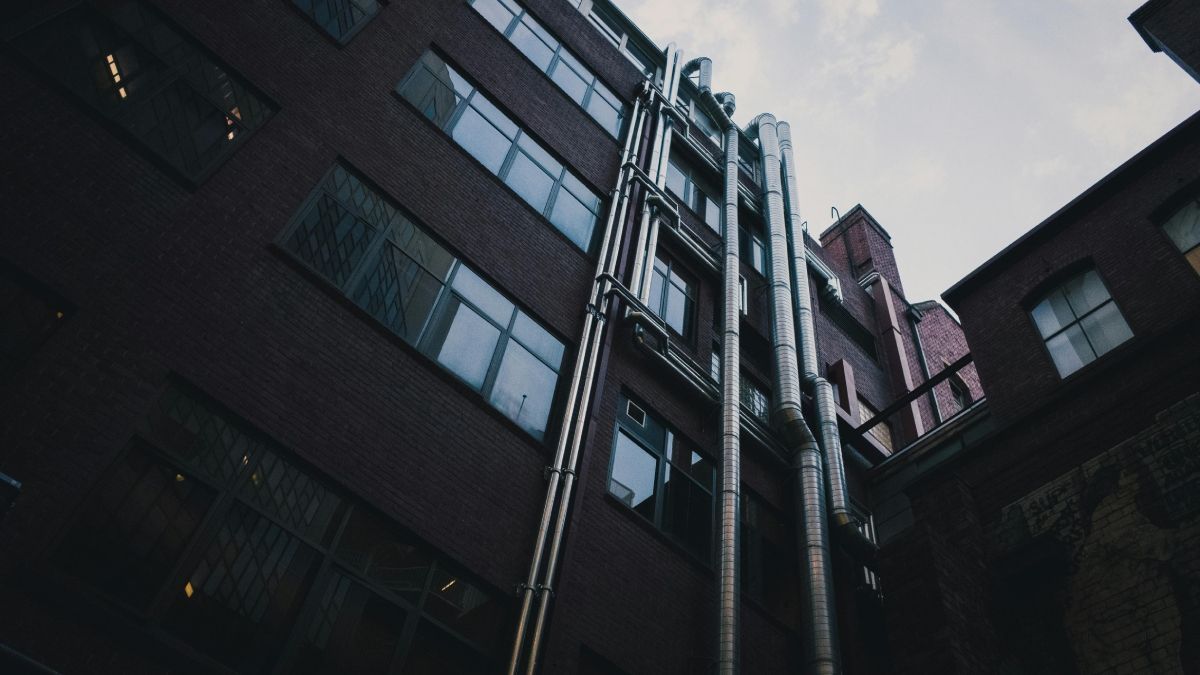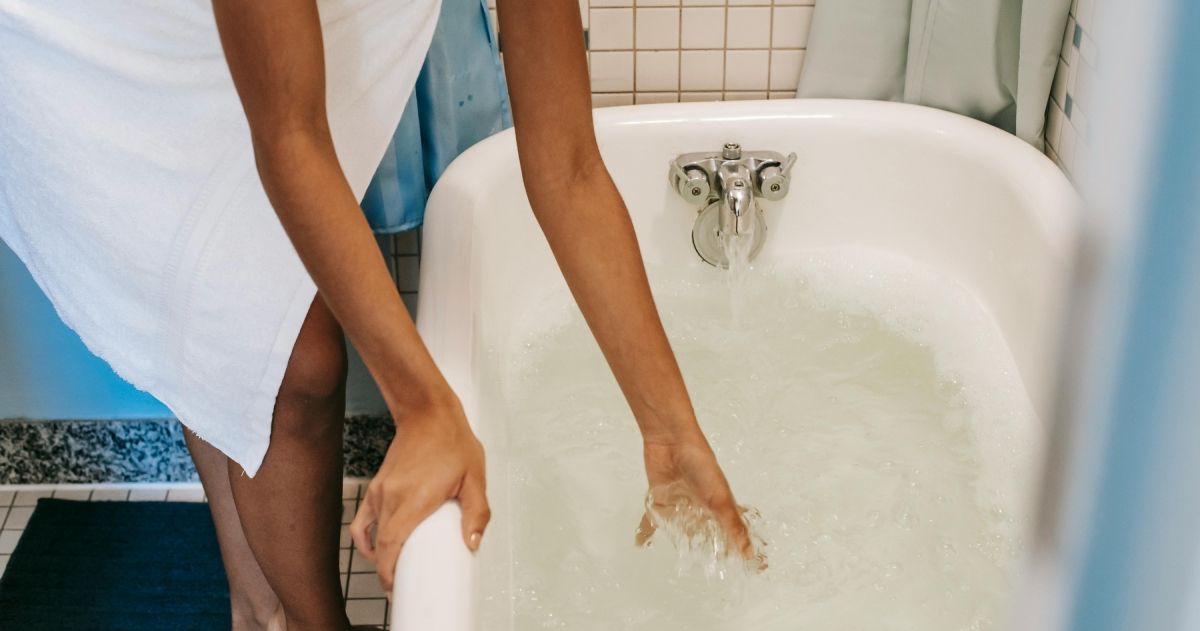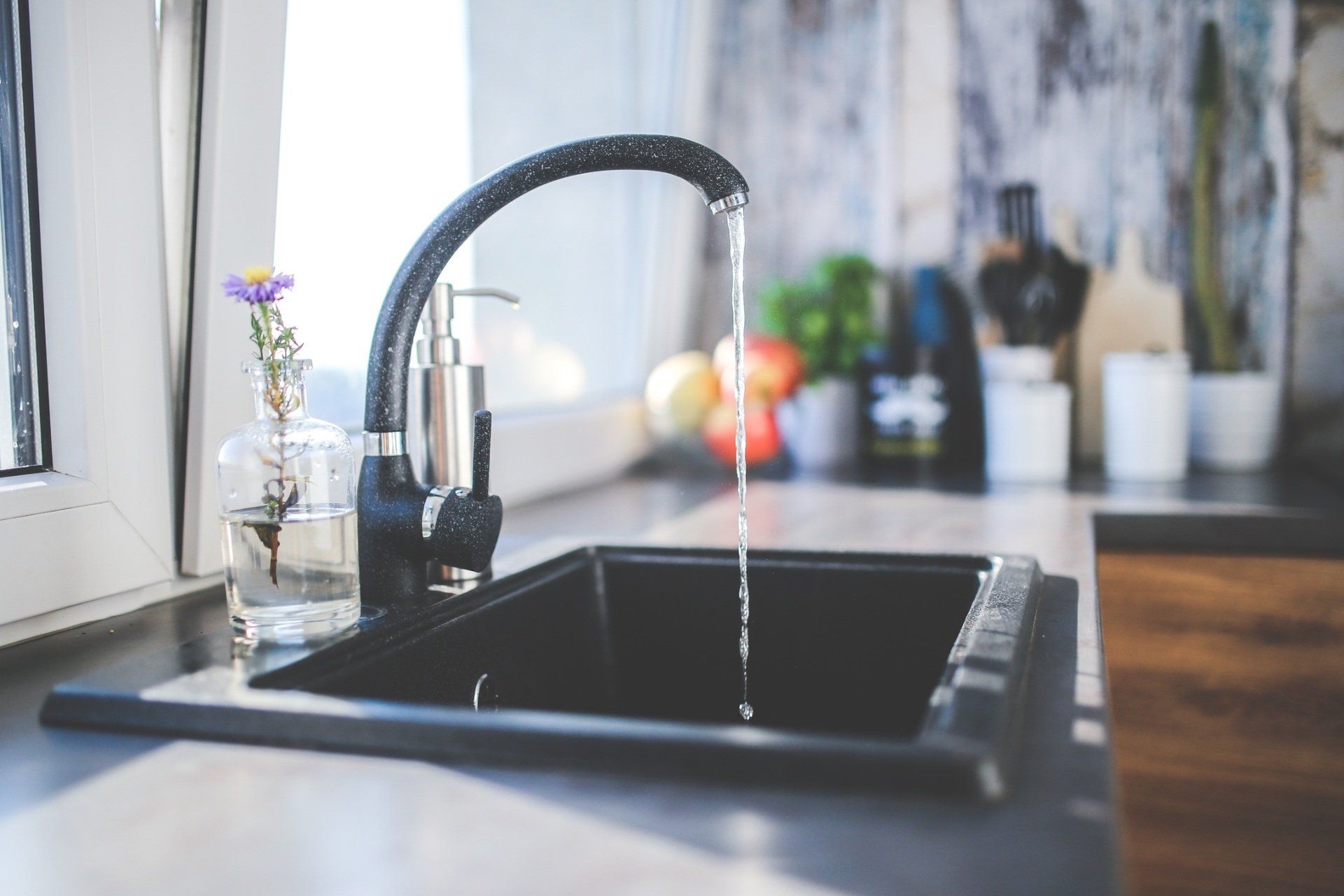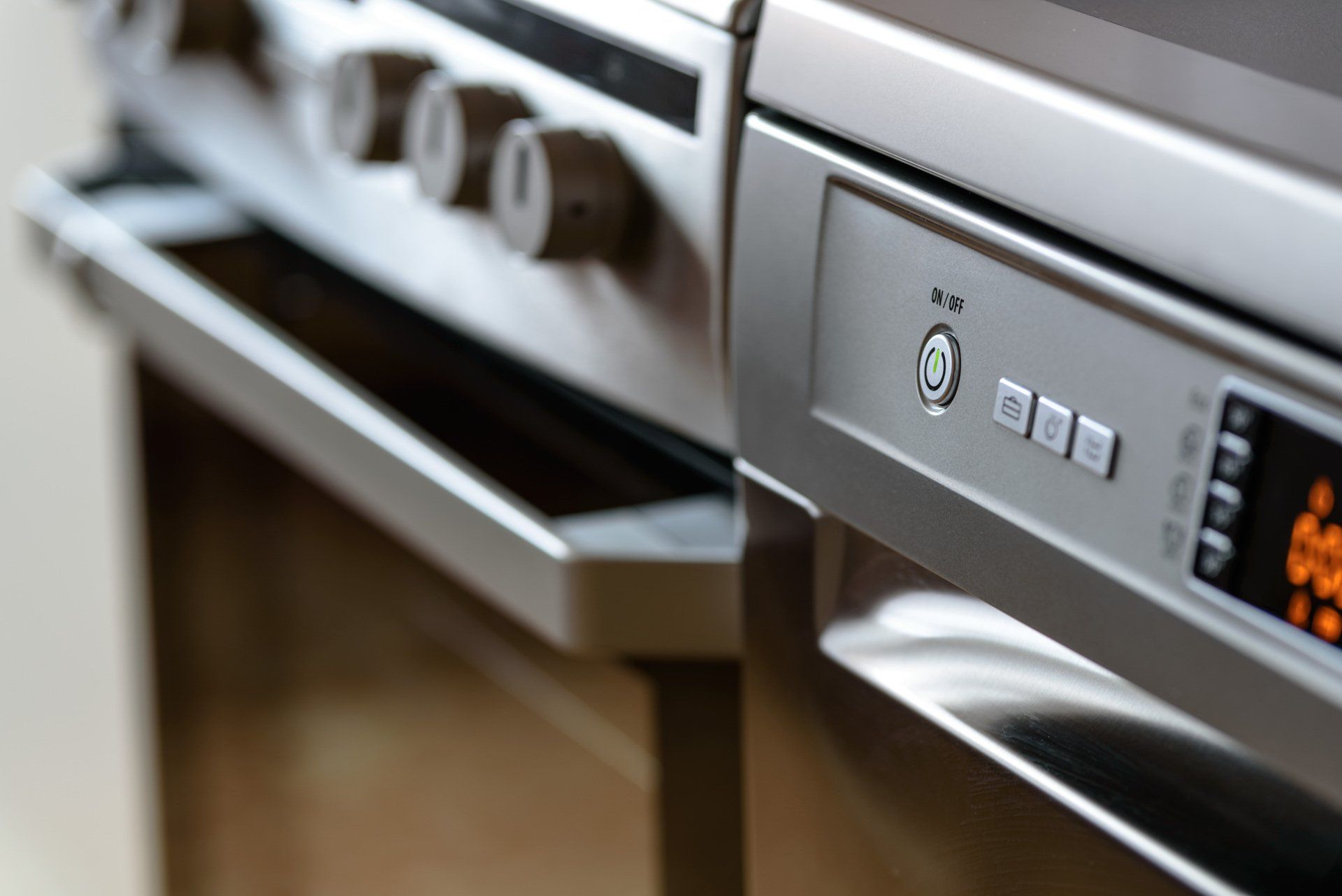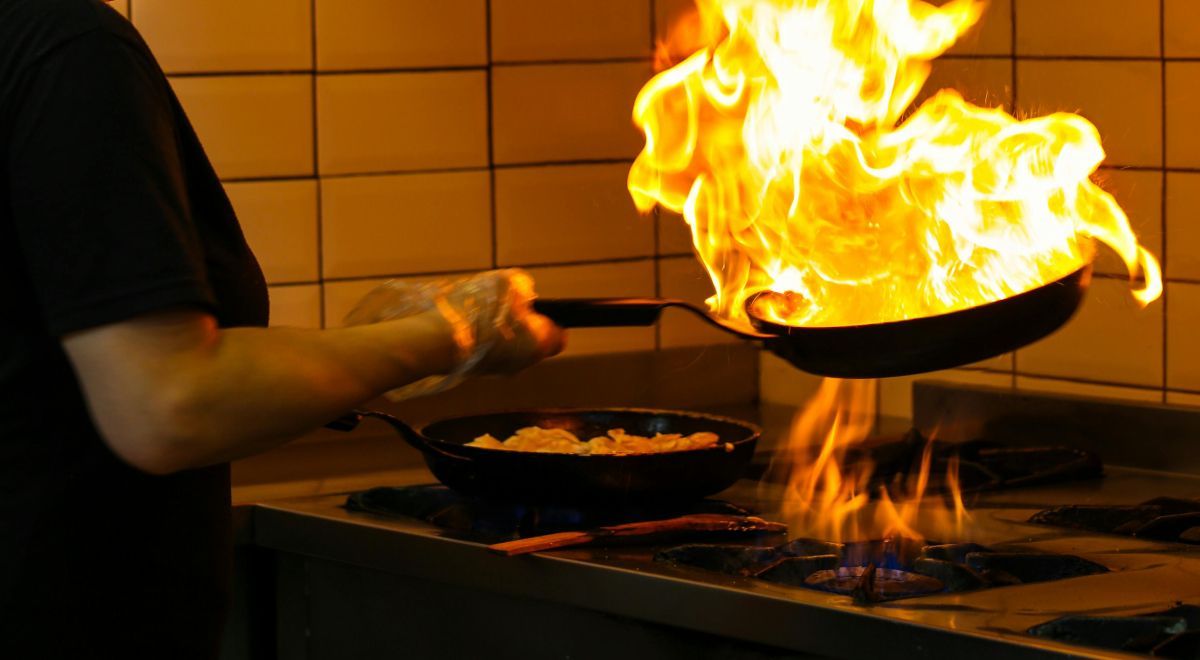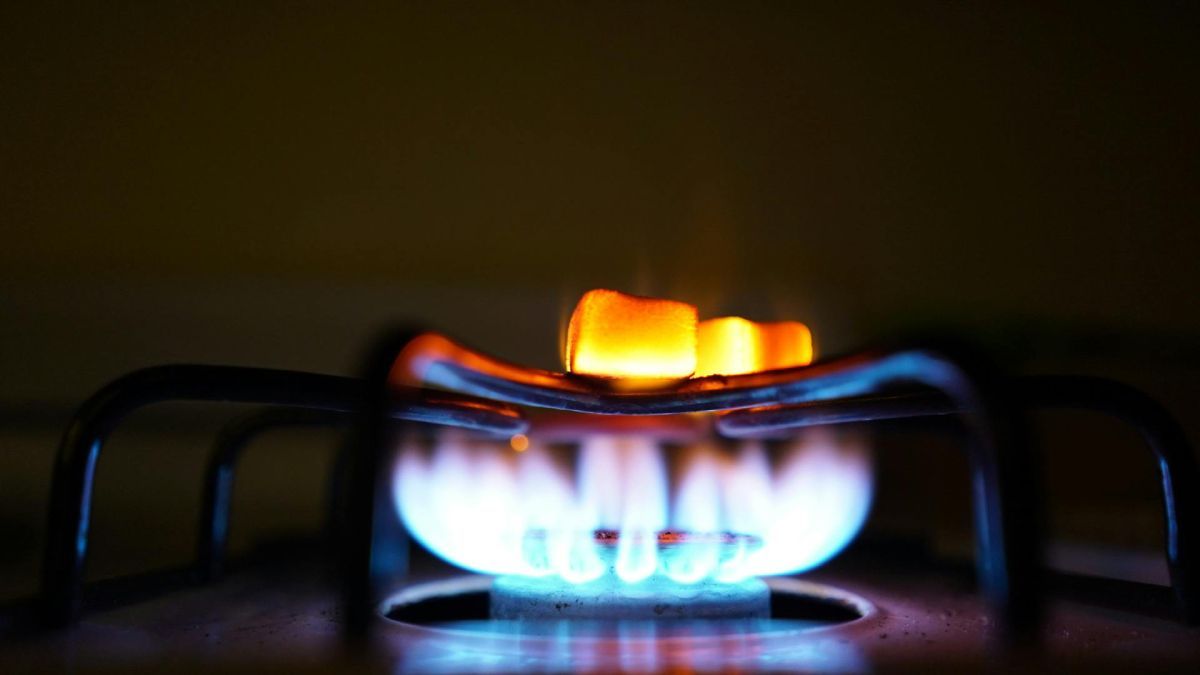Master Plumbers Blog
How to Stop Kitchen Tap Splashing
Kitchen tap splashing: a horror story encapsulated in three simple words. Of course, that is merely an exaggeration! But it is not an exaggeration to feel exasperated every time you are on wash duties.
The kitchen tap is a piece of art that gives you an excellent way to wash your hands and dishes. But, sometimes this art comes with a price: splashing water everywhere! Worst, when you only wanted to wash your hands, and the tap splash soiled your favourite top. Also, unwanted water splashes could leave your sink and cabinets stained or damaged.
Of course, we are here to the rescue. We bring ways to stop kitchen tap splashing for a hassle-free and more enjoyable dishwashing experience!
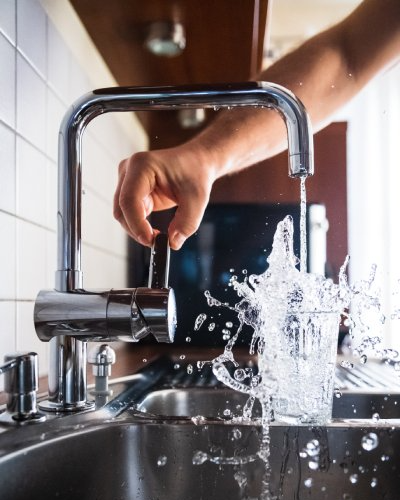
Easy Tips to Stop Water From Splashing in The Kitchen Sink
1. Add a faucet aerator.
A faucet aerator is a screen placed at the end of a faucet mainly to prevent splashing. The aerator will restrict water flow from the faucet to the sink. It is an easy solution commonly employed whenever there are issues with tap splashing.
You can easily screw the aerator at the end of the faucet, and upon installation, you will catch that the water flow is reduced. The added benefit of reduced water consumption is also helping you fulfil your duty to mother nature to save water.
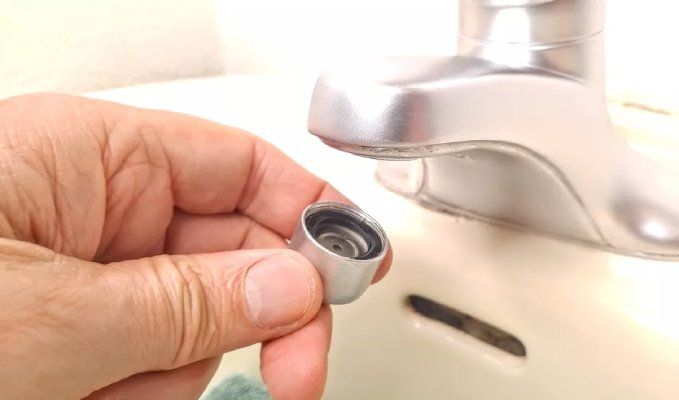
2. The right choice of faucet and sink
Choosing the right faucet and sink can significantly prevent tap splashing. The depth of the sink reduces the force of the water from the faucet. Upon impact, the water can splash around if the sink is shallow. The force of the water from a high faucet is reduced upon impact.
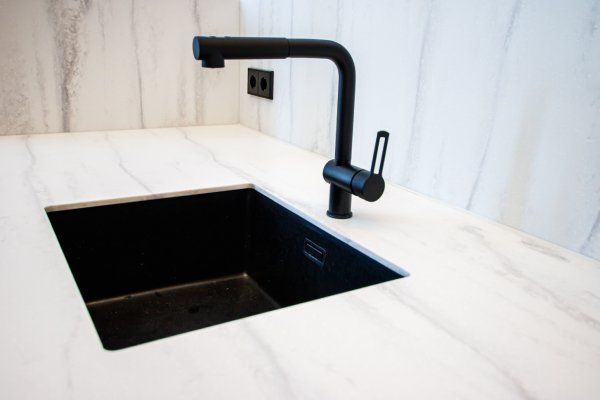
3. Moderate Flow Rate
The size of your faucet's end may also cause water to splash all over your kitchen sink. A faucet with a smaller end will come out with more force, whereas one with a broader end comes out with lesser force. Lesser force means reduced water splash.
Turbulent water flow is preferably used in some cases, such as water in the garden or in-car washing. But the one place it does not belong is in your kitchen. What you need in the kitchen is a wide-end faucet that produces a laminar flow in contract with the turbulent water flow coming from a faucet with a smaller end.
4. Kitchen Sink Anti-Splash Guard
Using an anti-splash guard is also a good move to prevent water splashing. The kitchen sink anti-splash guard is fixed to the sink, and you can choose to attach it to all sides of the sink; it can effectively block the water from splashing everywhere near your sink.
It is easy to install, and the best part is that you can remove it once you are done working in your sink.
5. Use of Flexible Faucets
Are you confused whether to get a high or low faucet? We recommend you to use a flexible faucet to meet both criteria 😊.
If you opt to go for flexible faucets, you have a variety of options to choose from. They come in degrees: 90-degree, 180-degree, and even 360-degree rotation.
If you want one that can adjust to different directions, the 360-degree rotation faucet should be your first choice. You get to control the direction of the water from the faucet. It is easier to clean all those hard-to-reach places, and you can keep the flexible faucet at an angle that reduces water splash.
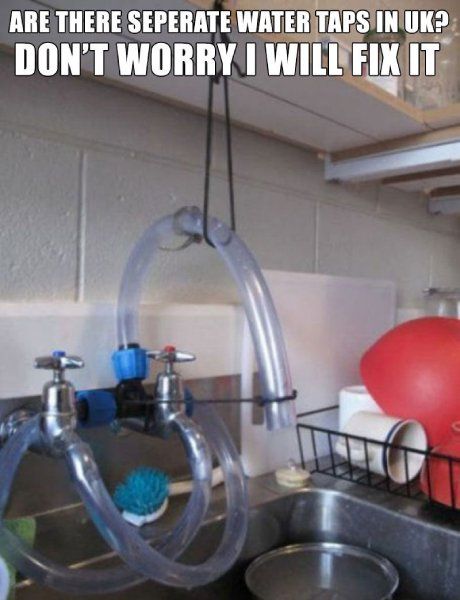
6. Turning the faucet on at low pressure
Be careful when turning the faucet on. There are instances when you have forcefully opened the faucet and ended up with a wet shirt. The best way to handle the issue is to turn the faucet slowly and at low pressure.
Prevent the water from splashing by exercising caution when turning the faucet on. Water comes out with more pressure if the faucet is turned on fast. Whereas slowly turning the faucet on can reduce the force brought along with the release of the water.
7. Manage your activities
By managing your activities, we meant to keep your activities in the middle of the sink. This is a minute detail that works when adequately observed. When the water hits the middle of the sink, more space surrounds it to mitigate the impact.
Collectively, splashing water can waste a lot of water which can end up in your electricity bill if you don't know how to stop splashing in the kitchen. So follow the steps above and save some water the next time you make tea or do the dishes!
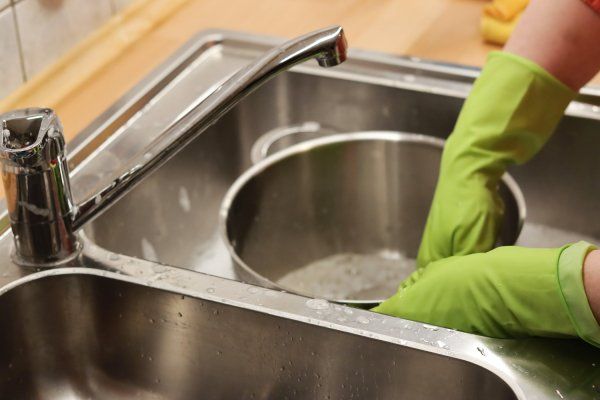
Recent Blog Posts
All Rights Reserved | Mains Plumbers (2004) Ltd


